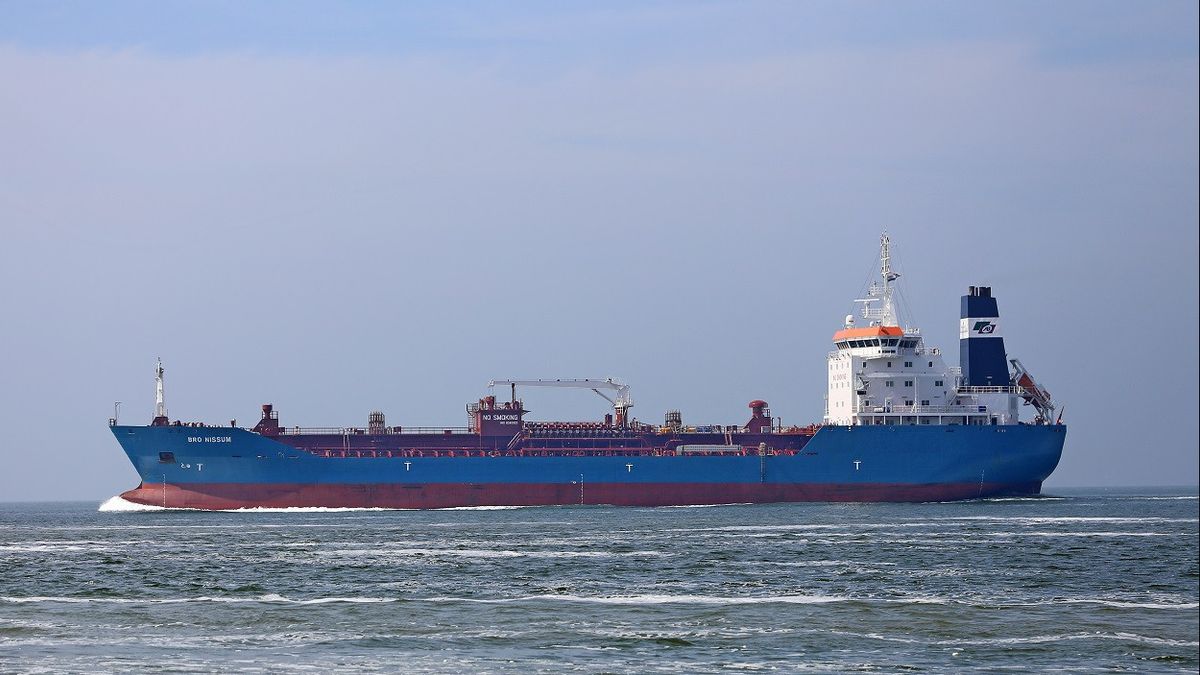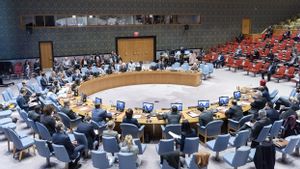JAKARTA - President Vladimir Putin signed a document banning the supply of Russian oil and oil products starting next February, to legal entities and individuals who use the price ceiling mechanism in contracts for such supplies.
"Supply of Russian oil and oil products to individual foreign legal entities, is prohibited on condition that the contract for such supply expressly or indirectly stipulates the use of the highest price fixing mechanism. The set plan is implemented at all stages of supply up to the final buyer," the document reads, cited from TASS, December 27.
The oil supply ban will take effect from February 1, 2023, according to a decision that introduces a tit-for-tat action against the price ceiling.
Meanwhile, the date for the ban on the supply of petroleum products will be determined later by the Russian Government.
The signing of the ban was a response to price limits imposed by the West, targeting countries that "comply" with those limits.
The Group of Seven (G7), the European Union and Australia agreed this month to a limit on the price of Russian seaborne crude at $60 a barrel, effective December 5 in connection with Moscow's "special military operation" in Ukraine, Reuters reported.

The cap is close to Russia's current oil price, but well below what a 'windfall' price Russia could sell for this year and it helps offset the impact of financial sanctions on Moscow.
Russia is the world's second largest oil exporter after Saudi Arabia. A major disruption to its sales will have a far-reaching impact on global energy supplies.
The decree, which includes a clause allowing President Putin to overturn the ban in special cases, states: "It takes effect from 1 February 2023 to 1 July 2023."
The price cap, invisible even during the Cold War between the West and the Soviet Union, was aimed at crippling Russia's state coffers and Moscow's military efforts in Ukraine.
Meanwhile, some analysts say the restrictions will have little impact on oil revenues currently accruing to Moscow.
However, Finance Minister Anton Siluanov said on Tuesday Russia's budget deficit could be larger than its planned 2 percent of GDP by 2023, with the oil price cap squeezing export earnings, an additional fiscal hurdle for Moscow as it spends heavily on its military campaign in Ukraine.
VOIR éGALEMENT:
The G7 price cap allows non-EU countries to continue importing Russian crude oil by sea. However, it would prohibit shipping, insurance and reinsurance companies from handling cargoes of Russian crude oil around the world, unless they are sold for less than the price limit.
The European Union countries separately implemented an embargo that prohibited them from buying Russian oil by sea.
The English, Chinese, Japanese, Arabic, and French versions are automatically generated by the AI. So there may still be inaccuracies in translating, please always see Indonesian as our main language. (system supported by DigitalSiber.id)


















